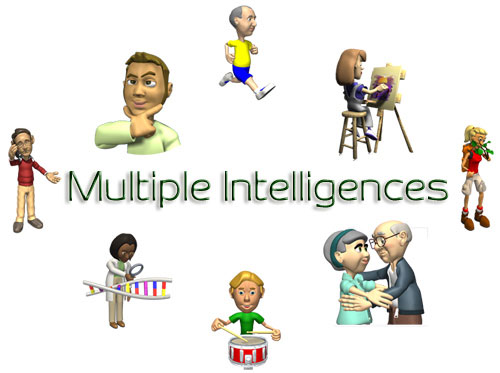 Logical-Mathematical Intelligence
Logical-Mathematical Intelligence
According to Gardner (1993), a person with Logical-Mathematical intelligence confronts objects and events, in both ordering and reordering them and in assessing their quantity. Numbers or words can substitute (become symbols) for objects and events. What characterizes individuals with this intelligence is a love of dealing with abstraction. They are the makers of mathematical patterns. At the center of mathematical expertise lies the ability to recognize significant problems and to solve them. The Logical-Mathematical intelligence is a skill powerfully equipped to handle certain kinds of problems. In all the subcapacities below, the realm is math or science.
- Make and Use Patterns: They create patterns, graphics, and webbing (e.g., mind maps) to plot information.
- Discern Relationships: Understand distinctions and commonalties.
- Reason Logically: Have a strong logical view of the world.
- Devise Experiments: Create strategies and analytical formats for understanding.
- Think Inductively: Can understand the whole by analyzing its parts.
- Hypothesize: Predict possibilities.
- Use Abstract Symbols: Know many "languages."
- Easily Draw Conclusions: Synthesize information into conclusive ideas.
- Inventive: See creative options.
- Like Challenges: Seek new opportunities.
- Make Observations: Synthesize information into inductive thoughts.
- Problem Solve: Determine options for solving problems.

